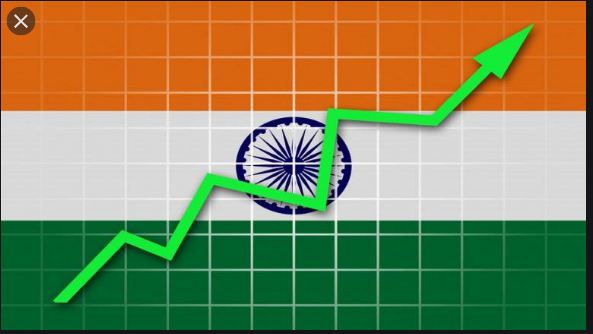Virendra Pandit
New Delhi: As the Indian economy limps back to normalcy after the two-quarters of Covid-19 inflicted gloom, the Narendra Modi Government, on Wednesday injected an Rs. 2 lakh crore (Rs. 2 trillion) booster shot to make it run in the remaining five months of the current fiscal (2020-21).
The Union Cabinet approved spending Rs 2 lakh crore on production-linked incentives (PLIs) to boost domestic manufacturing in 10 key sectors.
Briefing reporters, Information and Broadcasting Minister Prakash Javadekar, who is also the government spokesperson, said the production-linked incentives will be offered for sectors such as white goods manufacturing, pharmaceutical, specialized steel, auto, telecom, textile, food products, solar photo-voltaic and cell battery.
He said the aim of the production-linked incentive scheme is to boost manufacturing in the 10 designated sectors so as to make Indian manufacturers globally competitive, attract investment in the areas of core competency and cutting-edge technology.
The measure also aims to ensure efficiencies, create economies of scale, enhance exports, and make India an integral part of the global supply chain, the government said in a statement.
“The Prime Minister’s call for an ‘AatmaNirbhar Bharat’ envisages policies for the promotion of an efficient, equitable, and resilient manufacturing sector in the country. Growth in production and exports of industrial goods will greatly expose the Indian industry to foreign competition and ideas, which will help in improving its capabilities to innovate further.”
“Promotion of the manufacturing sector and the creation of a conducive manufacturing ecosystem will not only enable integration with global supply chains but also establish backward linkages with the MSME sector in the country. It will lead to overall growth in the economy and create huge employment opportunities,” it added.
The 10 selected sectors under the fresh initiative are: Advance Chemistry Cell (ACC) battery; electronic and technology products; automobiles and auto components; pharmaceuticals drugs; telecommunication and networking products; textile products: man-made fiber (MMF) segment and technical textiles; food products; high-efficiency solar photo-voltaic (PV) modules; white goods (ACs and LED) and specialty steel.
These sectors will be in addition to the already notified PLIs schemes in these sectors: mobile manufacturing and specified electronic components, critical key starting materials/drug intermediaries and Active Pharmaceutical Ingredients (APIs), and manufacturing medical devices.

